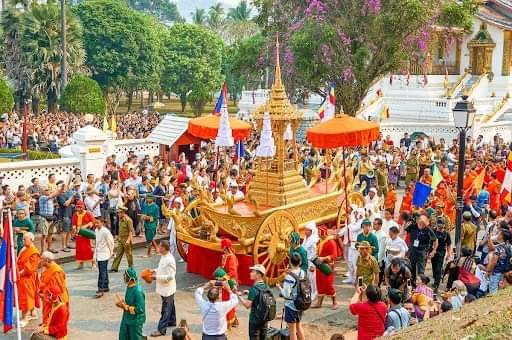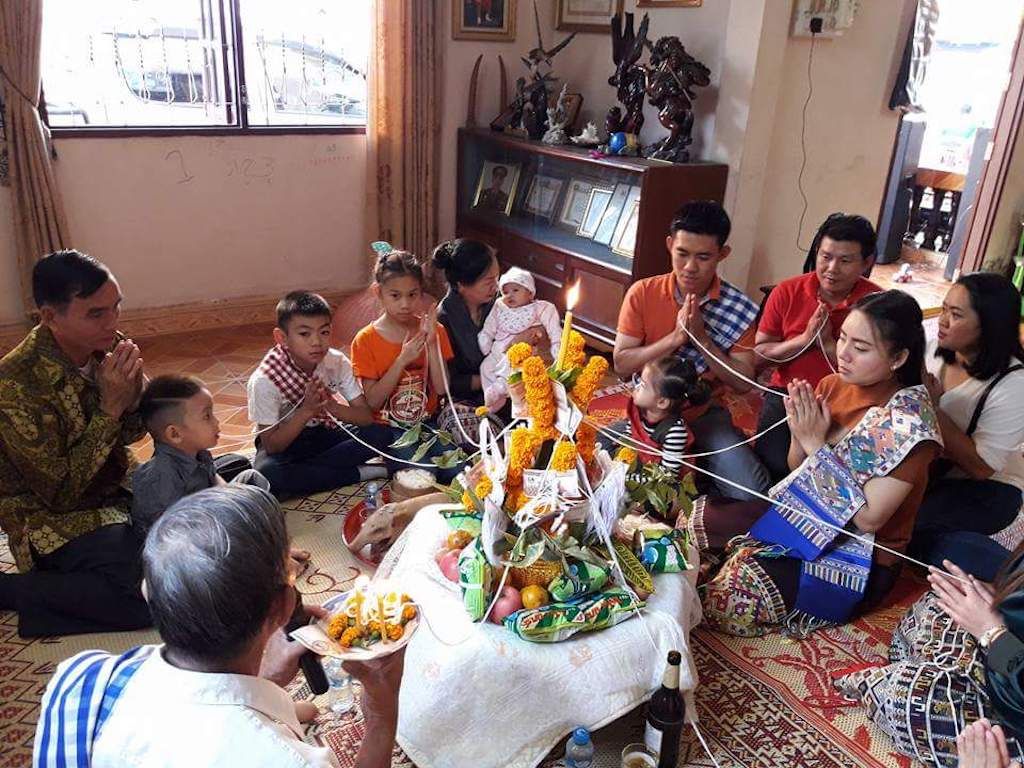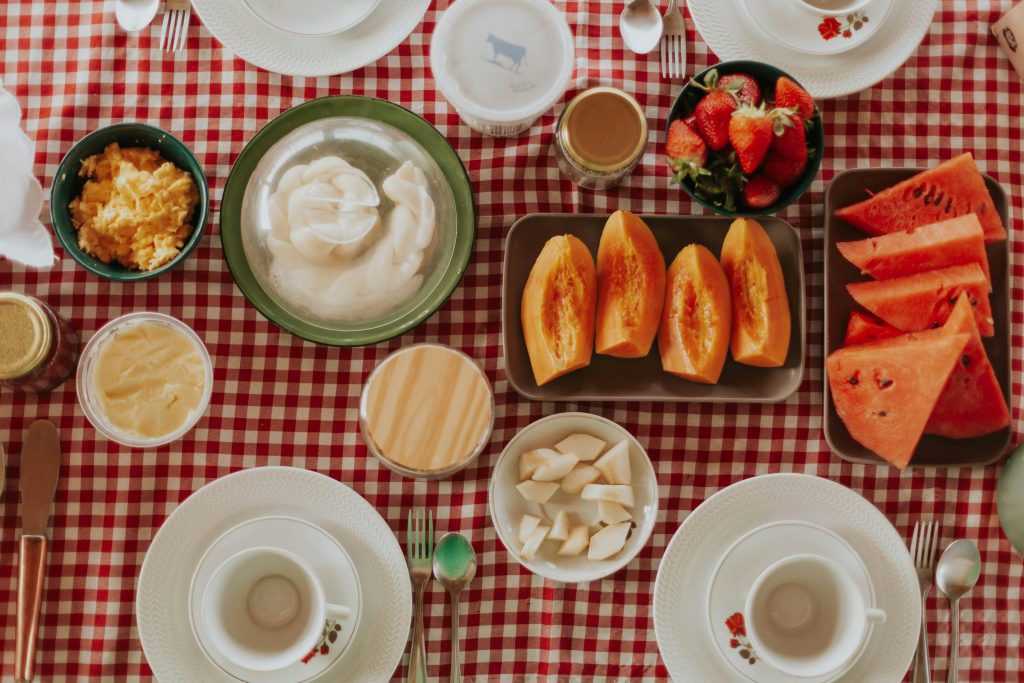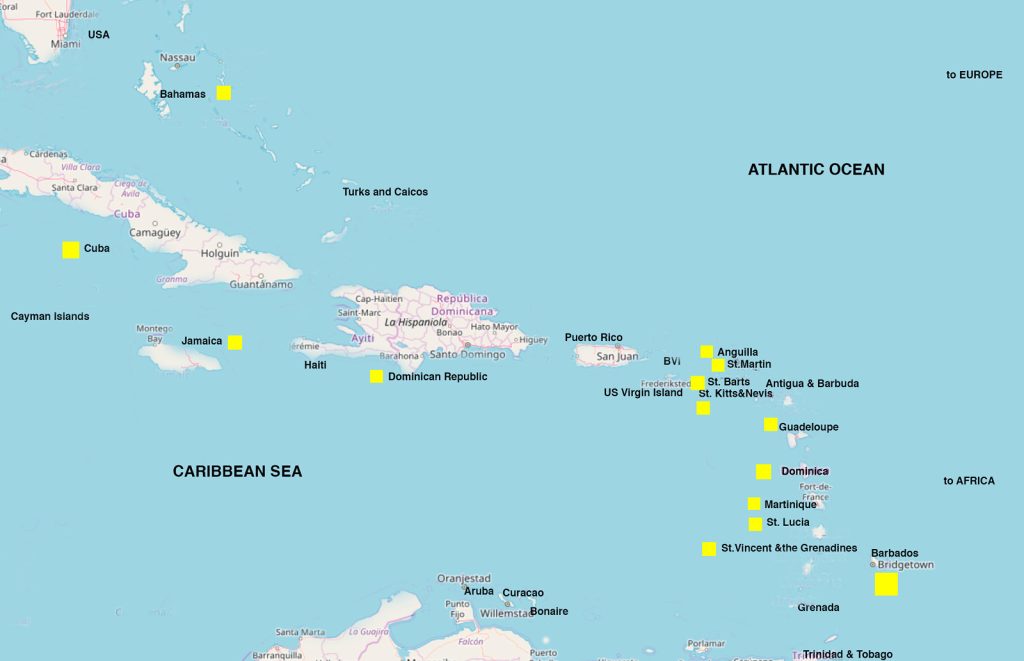Holidays and Festivals in Laos: A Cultural Journey Through Sacred Celebrations

Holidays and festivals in Laos, the serene “Land of a Million Elephants,” offers visitors a profound cultural experience through its rich tapestry of traditional festivals and religious celebrations. Deeply rooted in Buddhist tradition and ancient customs, these festivals provide extraordinary opportunities to witness authentic Lao culture, participate in time-honored rituals, and connect with local communities. From water-splashing New Year celebrations to mystical candlelit ceremonies, Laos’s festival calendar reflects the nation’s spiritual depth and cultural heritage that has remained largely unchanged for centuries.
The Sacred Foundation of Lao Festivals
Buddhist tradition forms the cornerstone of Lao festival culture, with most celebrations following the lunar calendar and coinciding with significant Buddhist observances. These festivals serve multiple purposes: honoring Buddha’s teachings, strengthening community bonds, preserving cultural traditions, and marking seasonal transitions. Understanding this spiritual foundation enhances appreciation for the profound meaning behind seemingly simple celebrations.
The Buddhist calendar creates a rhythm of observance that governs daily life in Laos, with festivals marking important phases of the agricultural year and monastic life. This intricate connection between spirituality, nature, and community creates celebrations that are both deeply meaningful and visually spectacular, offering visitors authentic insights into Lao culture.
Major Annual Festivals and Celebrations
Boun Pi Mai (Lao New Year) – April 13-16
Boun Pi Mai represents Laos’s most important celebration during the year, famous for water-related activities symbolizing purification and renewal. In 2025, the celebrations will take place from April 13 to 16, transforming the entire country into a joyous water festival where tradition meets exuberant celebration.
The three-day celebration begins with Sang Khan Luang (cleansing day), where people clean their homes and Buddha statues, followed by Sang Khan Nai (neutral day) for preparation and reflection. The final day, Sang Khan Kheun (ascending day), marks the official New Year when water pouring ceremonies honor elders and Buddha images receive ceremonial blessings.
Streets fill with celebrants engaging in good-natured water fights, while temples become centers of spiritual activity with elaborate ceremonies, traditional music, and community feasts. The festival features traditional rituals, family ceremonies, and famous water battles, welcoming the Lao lunar new year with joy and blessings.
Boun Pha Vet (January)
This traditional Buddhist festival commemorates Prince Vessantara’s incarnation as Buddha, representing one of the most significant religious festivals in Laos where monks and devotees gather at religious temples to listen to sermons on Buddha’s past lives.
The festival centers around the recitation of the Vessantara Jataka, Buddha’s final incarnation story before achieving enlightenment. During this festival, the life of Buddha as Prince Vessantara is commemorated, with invitations exchanged between friends and families. Communities prepare elaborate offerings and traditional foods while temples host continuous chanting sessions that can last several days.
Boun Visakha Bousa (May)
Boun Visakha Bousa celebrates the birth, enlightenment, and death of Lord Buddha, held on the 15th day of the sixth lunar month, marking the beginning of Buddhist Lent. This triple celebration represents Buddhism’s most sacred day, when devotees engage in intensive merit-making activities.
Temple ceremonies include candlelit processions, meditation sessions, and offerings of flowers, incense, and food to monks. The festival’s spiritual intensity creates profound atmospheres of devotion and reflection, with many participants observing additional precepts and engaging in extended meditation practices.
Boat Racing Festival (September-October)
The Laos Traditional Boat Racing Festival is a truly local festival that takes place every year all around the country during September and October after rice planting season. Boats races are common throughout Buddhist Lent, a full three-month period generally running from late August to the end of October, with most races held on weekends starting around noon and ending by sunset.
The Boat Racing Festival signals the end of the rainy season and Buddhist Lent, creating spectacular competitions where villages compete for honor and prestige. The market fair draws hundreds of vendors from around the country for special street-market days, while boats from different villages compete to win the honor of being fastest.
The festival combines athletic competition with cultural celebration, featuring traditional music, dance performances, and elaborate feasts. The season starts in Luang Prabang and the last race is organized in Vientiane with the biggest festive activities.
Boun Ok Phansa (End of Buddhist Lent) – October
Boun Ok Phansa marks the end of Buddhist Lent when, after three months of retreat, monks return to their daily activities, featuring candlelit processions and sending colorful floats to the Mekong River. This celebration represents spiritual renewal and community rejoicing as restrictions lift and normal religious activities resume.
The festival features spectacular illuminated boat processions on rivers throughout the country, creating magical scenes as hundreds of candles float downstream carrying prayers and wishes. Traditional dance performances, fireworks displays, and community feasts celebrate the conclusion of the rain retreat period.
Boun That Luang (November)
Boun That Luang represents one of the most important national public holidays, a Buddhist celebration centered around That Luang, the oldest and most highly acclaimed Buddhist temple in Laos. This festival attracts thousands of pilgrims to Vientiane’s golden stupa for intensive religious observances.
The week-long celebration combines religious devotion with cultural entertainment, featuring trade fairs, traditional performances, and elaborate ceremonies. Pilgrims circumambulate the sacred stupa while making offerings and prayers, creating an atmosphere of profound spirituality and national unity.
Regional and Local Celebrations
Beyond major national festivals, Laos celebrates numerous regional events that showcase local traditions and ethnic diversity. Boun Phabath Phonesan Stupa Festival represents the most significant event of Bolikhamxay Province, celebrating the old stupa and giving respect to Buddha’s footprint in Thaphabath District.
The Hmong New Year, ethnic minority celebrations, and village-specific temple festivals offer intimate glimpses into Laos’s cultural diversity beyond mainstream Buddhist observances.
Festival Participation and Cultural Etiquette
Participating respectfully in Lao festivals requires understanding basic cultural protocols and Buddhist etiquette. Dress modestly when visiting temples, with covered shoulders and long pants or skirts. Remove shoes before entering sacred spaces and maintain quiet, respectful behavior during ceremonies.
Photography guidelines vary by festival and location, with some ceremonies requiring permission before taking pictures of religious activities. Always ask local guides or temple officials about appropriate behavior and photography restrictions to ensure respectful participation.
Gift-giving and offerings follow specific protocols, with flowers, incense, and candles representing appropriate temple offerings. Many festivals welcome visitor participation in community activities, providing opportunities for cultural exchange and authentic experiences.
Planning Your Festival Experience
Festival timing follows lunar calendar calculations, with exact dates varying annually. Major celebrations like Boun Pi Mai follow consistent timeframes, while others depend on lunar phases and local customs. Research specific dates well in advance, as festivals create peak tourism periods with limited accommodation availability.
Transportation during festivals can be challenging, with increased demand for flights, buses, and accommodation. Book early and remain flexible with travel plans, as festival celebrations can extend beyond scheduled dates depending on local customs and weather conditions.
Many festivals involve extensive walking, outdoor activities, and crowded conditions. Pack comfortable shoes, weather-appropriate clothing, and patience for delays and crowds. Festival periods offer unique photographic opportunities but require respectful behavior and cultural sensitivity.
Economic and Cultural Impact
Festivals play crucial roles in preserving Lao cultural identity while supporting local economies through tourism, handicraft sales, and hospitality services. These celebrations maintain traditional knowledge transmission between generations while creating economic opportunities for rural communities.
International visitors’ respectful participation in festivals supports cultural preservation efforts and provides sustainable tourism revenue for local communities. Many festivals now incorporate cultural education components, helping visitors understand deeper meanings behind colorful celebrations.

Conclusion
Holidays and festivals in Laos offer extraordinary windows into the soul of this peaceful nation, where ancient Buddhist traditions merge seamlessly with community celebration and cultural expression. These sacred celebrations provide authentic experiences that transcend typical tourist activities, creating profound connections between visitors and local communities through shared participation in time-honored rituals.
Whether witnessing the joyous water celebrations of Boun Pi Mai, the spiritual intensity of Buddhist Lent observances, or the thrilling competition of boat racing festivals, each celebration offers unique insights into Lao values, beliefs, and cultural heritage. The rhythm of festival life in Laos creates opportunities for deep cultural immersion and personal transformation that remain long after the celebrations end.
For travelers seeking authentic cultural experiences, Laos’s festival calendar provides year-round opportunities to witness and participate in celebrations that have remained largely unchanged for centuries. These festivals represent living heritage that continues to shape Lao society while welcoming respectful visitors into their sacred and joyous traditions. Planning your visit around these magnificent celebrations ensures encounters with Laos at its most vibrant, spiritual, and culturally authentic moments.


